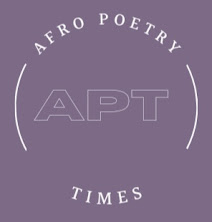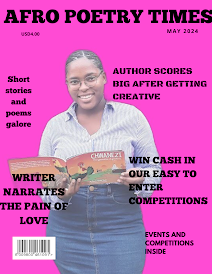Lihle Mkhwambi, 14, may have attended a rural school with many challenges, but she is already co-author of an isixhosa poetry book.
The former Lower Malepe Lepe Primary School pupil started her Grade 8 year with this big achievement, having written the book, called ugadla, in 2020 under the guidance of her then isixhosa teacher, Iviwe Mathe.
The project was inspired by Mathe’s interest in nurturing a generation creative enough to write in isixhosa.
To him, teaching language is more than just standing in front of a class and delivering a syllabus; it is about going beyond that and igniting the fire hidden behind the closed doors of the classroom.
Lihle and three of her Grade 7 classmates, Esona Zuko, Siwaphiwe Mkhwambi and Nomandisinde Galawana, were nurtured under Mathe’s wing.
Lihle said writing the book was simple. They had all been informed repeatedly that they had all the talent they needed, which instilled confidence in them.
“I started writing while Mr Mathe was still new and I was in Grade 5; the book was about HIV and Aids, and when he saw it, he was thrilled with my writing skills,” she said.
Lihle said when her teacher complimented her on how good she was, she did not hesitate to approach him and present him with the poems she had written.
“Not every pupil has their skills revealed at such a young age, and is fortunate to be among pupils who have an eager, young teacher who worked tirelessly to ensure that they were on the right path.”
Mathe said he had read Lihle’s book, which inspired him to begin writing.
The young author, with two novels already published and a third in the works, said he refused to fold his hands when the opportunity of mentoring pupils was there in front of his eyes.
As a result, he took on the responsibility of mentoring them as they navigated the world of writing. All his ability and creativity have been passed on to the pupils.
For its publication he approached Nkuthalo Publishers, who did not hesitate to jump on board. He said the pupils gained the courage during their writing period from him as a teacher and a writer.
“It wasn’t hard for them to be encouraged; I used to reward them with my own books when they performed well in class, and that was motivation enough,” he said.
The concept was born in 2019 and pupils began composing the poetry in 2020.
He said he was proud of them, and knowing he had made a difference was the most rewarding experience for him.
“I am overjoyed because this has long been an ambition of mine, to promote the dignity of isixhosa to young people willing to study and comprehend the language in depth,” he said.















